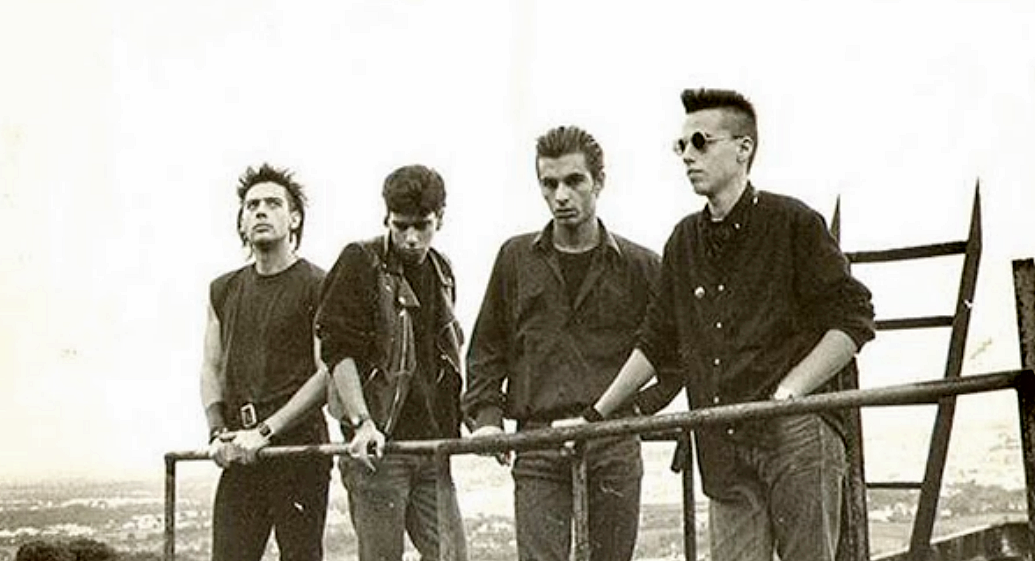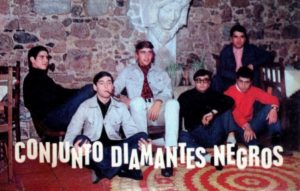Born on the banks of the Sado River in 1989, Lucifer Fere established themselves as a dissonant voice within the Portuguese punk-rock scene. “We are not omens, we accuse nothing and we are not apologists for anything,” they declared in a self-definition that captured the combative spirit of the Setúbal-based band. Their stage debut took place at the presentation concert of the Platform to Break the Silence on Mandatory Military Service, in April of that year, making it clear from the outset that social protest would be at the core of their identity.
Their criticism extended far beyond compulsory military service. Institutions such as the Family, the State, the Nation and the Church were called into question by the band, which, in an interview with the fanzine O Mutante, stated: “These institutions, seen as pure, are in fact lies (…), they function through the fear they instill in people by means of law and dogmas that can never be questioned.” Their discourse was corrosive, and music became the perfect vehicle to expose social contradictions and undermine established certainties.
Musically, the spotlight fell on Jorge Abreu’s voice, the central and unpredictable figure on stage, capable of surprising both the band and the audience. Vitorino’s guitar accompanied the vocals, adding solos, while João Figueiredo’s bass provided the backbone of the songs.
On drums, Paulo Tavares added diversity and intensity, reinforcing the raw energy of the group. Live, Jorge Abreu’s presence and semi-improvised choreography made performances unpredictable, often leaving audiences stunned, immobilized by the impact of the show.
The band’s trajectory included landmark performances such as the tribute to José Afonso in Setúbal and their appearance at the 1990 Festa do Avante. Their gigs at the legendary Rock Rendez-Vous and Johnny Guitar venues cemented Lucifer Fere’s reputation as a cult name in the underground scene. Cassette recordings made in Lisbon, in 1989 and 1990, stand as testimony to this intense period, marked by raw energy and defiance.
From Setúbal, a city marked by social hardship, Lucifer Fere brought to the stage a response to boredom and stagnation. Between good and evil, they positioned themselves as catalysts for reflection and awareness.
Songs such as Insano, Anti-Tropa and Lucifer Fere became anthems of a project that refused easy labels. Today, the memory of the band survives as part of the history of Portuguese alternative rock, remembered for the impact they had on stage and for the courage with which they challenged conventions and institutions — a reminder of a time when punk meant resistance and nonconformity.











This is probably one of the best websites of Portuguese music that I ever found. I hope the creator will… Read more »
Thanks for your support! 🙂